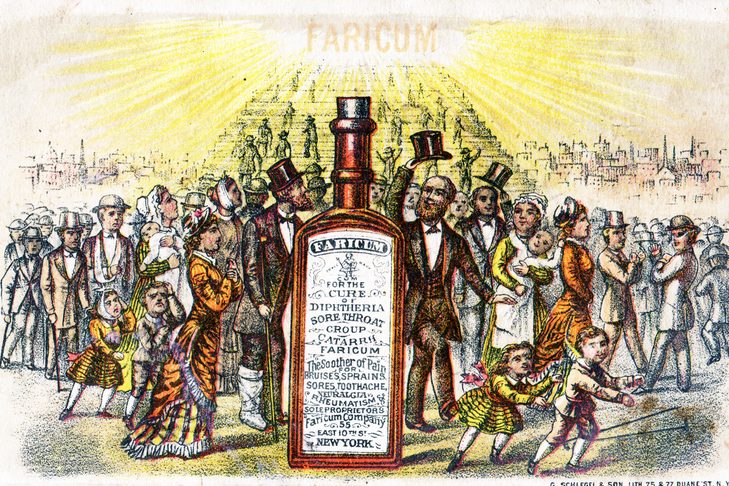Two different areas – perpetual contracts in the derivates market and trading on a 24/7 basis in the derivatives markets – are the subject of two requests for comment issued by the Commodity Futures Trading Commission’s (CFTC’s) Divisions of Market Oversight, Clearing and Risk, and Market Participants.
Comments will be accepted until May 21 for both.
Perpetual derivatives
The CFTC has issued a Request for Comment, asking the public to weigh in on the potential uses, benefits, and risks of perpetual contracts in the derivatives markets that the CFTC regulates.
Specifically, the regulatory agency seeks comment on the characteristics of perpetual derivatives, including those characteristics that could differ across products. as well as the implications of their use in trading, clearing and risk management. The request also seeks comment on their risks, such as risks related to the areas of market integrity, customer protection, or retail trading.
It further asks if current risk disclosures that futures commission merchants are required to provide for customers are adequate to address risks associated with such derivatives, and if the CFTC could and should provide any needed guidance in these areas.
“Innovation and new technology has created a renaissance in markets that presents new opportunities that are accessible to more people, as well as risks,” said CFTC Acting Chairman Caroline Pham. “The CFTC is getting back to basics by requesting public comment on perpetual contracts that have seen significant interest recently from exchanges and market participants.”
24/7 trading
The agency’s Divisions of Market Oversight, Clearing and Risk, and Market Participants also issued a Request for Comment to better inform them on the potential uses, benefits, and risks of trading on a 24/7 basis in the derivatives markets the CFTC regulates.
The request seeks comment on the implications of extending the trading of CFTC-regulated derivatives markets to an effectively 24/7 basis, including the potential effects on trading, clearing and risk management which often differ from trading during current market hours.
The request also seeks comment on the risks of 24/7 trading, and the associated clearing systems, including risks related to the areas of market integrity, customer protection, or retail trading.
The request document notes that the CFTC staff is interested in understanding how designated contract market and swap execution facility registrants would ensure the reliability and integrity of trading systems without extended scheduled downtime for such things as maintenance and upgrades. “Continuous trading could heighten the risk of unplanned outages, complicate patch management, and require live change deployments and rollback mechanisms,” the request acknowledges.
Pham commented that an evolving trend in this arena is movement to either 24/7, 24/6, or 24/5 trading hours, and she’s eager to hear what commenters have to say about such expanded trading windows.
Risk factors
Late last year, the startup 24 Exchange (24X), backed by Steve Cohen’s Point72 Ventures, was granted approval to host an overnight securities exchange to operate 23 hours a day (8pm to 7pm ET), five days a week, excluding holidays. The one hour of downtime will account for maintenance and functionality testing.
This marks the first time the SEC has given the go-ahead for overnight trading on a national securities exchange. As with traditional markets, the overnight trades will be “lit,” meaning buy and sell orders will be publicly visible. This platform is set to begin hosting overnight securities trades in the second half of this year, after it is integrated with public data feeds that track US stock prices.
Back in October, the New York Stock Exchange (NYSE), owned by Intercontinental Exchange Inc and the largest stock exchange in the world, announced its intentions to seek clearance from the SEC to allow customers to trade 22 hours a day on its electronic Arca exchange, from 1:30 am to 11:30 pm ET. In February, NYSE received approval from the SEC that it could move forward.
The same worries have been articulated in the area of stock trading as noted above, such as maintaining complex systems with little or no downtime. But also the basic questions of when does a trading day begin and end, if it runs around the clock.
Also something needed clarification: What would be the closing price of a stock if the day was seamless? And can portfolio managers adroitly handle big or unusual moves in their holdings while they sleep, without unduly relying on technology?
After the rule change that allowed the NYSE to operate with an extended timeframe was announced, the investor-focused trade group Better Markets decried the move, saying it would fuel the gambling addition epidemic, given the high rates of sports betting and the rise in the rate of those addicted to trading stocks.
“The SEC’s decision to authorize the New York Stock Exchange to offer overnight trading risks turning the stock market into a casino, with retail investors suffering the consequences,” said Benjamin Schiffrin, Director of Securities Policy for Better Markets.














